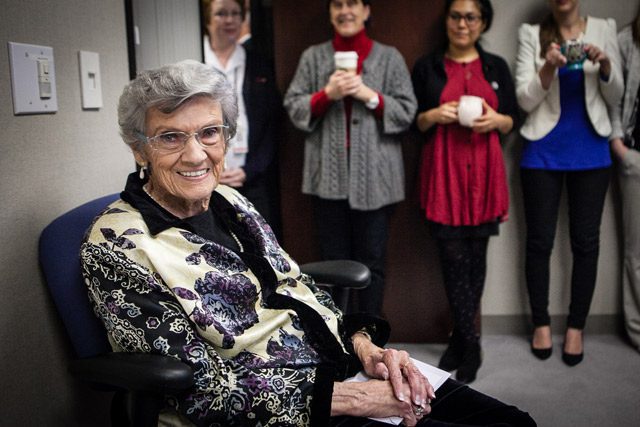Personnel safe; Salvation Army’s new regional headquarters sustains damage.
A man stands in the middle of the main street of Nuku’alofa, Tonga after rioting by pro-democracy supporters. |
The Kingdom of Tonga lies in the South Pacific, 1,000 miles northeast of New Zealand. In recent years, opposition to the monarchy has grown. Since 1998, the country has had political ties with China. Concerns over freedom of speech arose in 2003, when the government banned the Taimi’o Tonga, the country’s only independent newspaper.
In 2001 the court jester stole US$20 million of state funds.
Civil unrest broke out in Tonga’s capital, Nuku’alofa, on Thursday, Nov. 16, when hundreds of pro-democracy rioters destroyed about 80 percent of the capital’s business district. Eight people died in the riots, which took place after government delay in approving changes that would lead to the democratization of the island.
With rioters torching buildings close by, Salvation Army Regional Commander Major Rex Johnson immediately sent regional headquarters (RHQ) staff home. He contacted all Salvation Army officers and was assured of their safety and that of other Salvationists.
Once the island’s police and defense forces were in place, The Salvation Army began serving refreshments to police, soldiers, the fire brigade and electricity workers at checkpoints around the business district. Johnson was one of the first people allowed back into the city center. He reported that the middle of Nuku’alofa was “completely gutted’ for around two blocks in every direction, with burned out cars in the middle of the road. “There was total destruction,” he said. “It took a lot to hold back the tears. The Tongan people were shocked and saddened by the looting and burning that occurred.”
Virtually all Chinese stores in downtown Nuku’alofa were torched and Chinese nationals were very frightened. Thirty-seven Chinese with Tongan passports sought refuge at the New Zealand High Commission and staff there contacted The Salvation Army for help. A Salvation Army officer from an outlying village offered to open his home and the group of Chinese was swiftly transported out of the city under police escort. With threats against anyone housing the Chinese the situation was tense.
“These people had lost everything to rioters and looters—their shops and belonging—and were left with only the clothes they wore,” said Johnson. The Salvation Army housed them until it was practical and safe for them to return to the capital and accommodation at the Chinese Embassy.
Tonga’s new Salvation Army RHQ building had just been completed ahead of an official opening scheduled for the following week. When Johnson returned to the Army’s ground floor offices on the afternoon rioting broke out, the building’s top story was on fire. The police and fire brigade gave permission for the rapid removal of two new computer servers and a laptop containing important data. Extensive fire damage was averted and Johnson returned with staff the following day to salvage remaining furniture and equipment.
Two computer technicians from New Zealand’s territorial headquarters were in the country to install a computer network at the new RHQ. With commercial flights from Tonga to New Zealand cancelled the pair donned Red Shield t-shirts and joined other Salvationists to provide relief and to help with the temporary relocation of RHQ to the regional commander’s house. The Army’s alcohol and drug program was relocated to a flat occupied by the Regional Health and Project Officer, Major Tanya Dunn.
On Sunday evening The Salvation Army community gathered at Vaini Corps to pray for the Tongan King and the nation’s parliament, as well as for those whose security and livelihood had been threatened and the people who had caused damage to the city.
Johnson said he and his wife, Major Geraldine Johnson, did not feel in any personal danger during the unrest. “Tongans are a quiet, laid back and friendly people,” he said. “This will do so much damage to the economy of the country. Please pray that calm will come upon this land and that the government and the people will be able to sort out their differences











